
2025 USC National Trauma, Critical Care and Acute Care Surgery Symposium
This 13-hour course provides a comprehensive learning experience with cutting-edge lectures, dynamic plenary sessions, interactive panels, and keynote addresses from leading experts in acute care surgery, trauma, and surgical critical care.
Purchase the Course
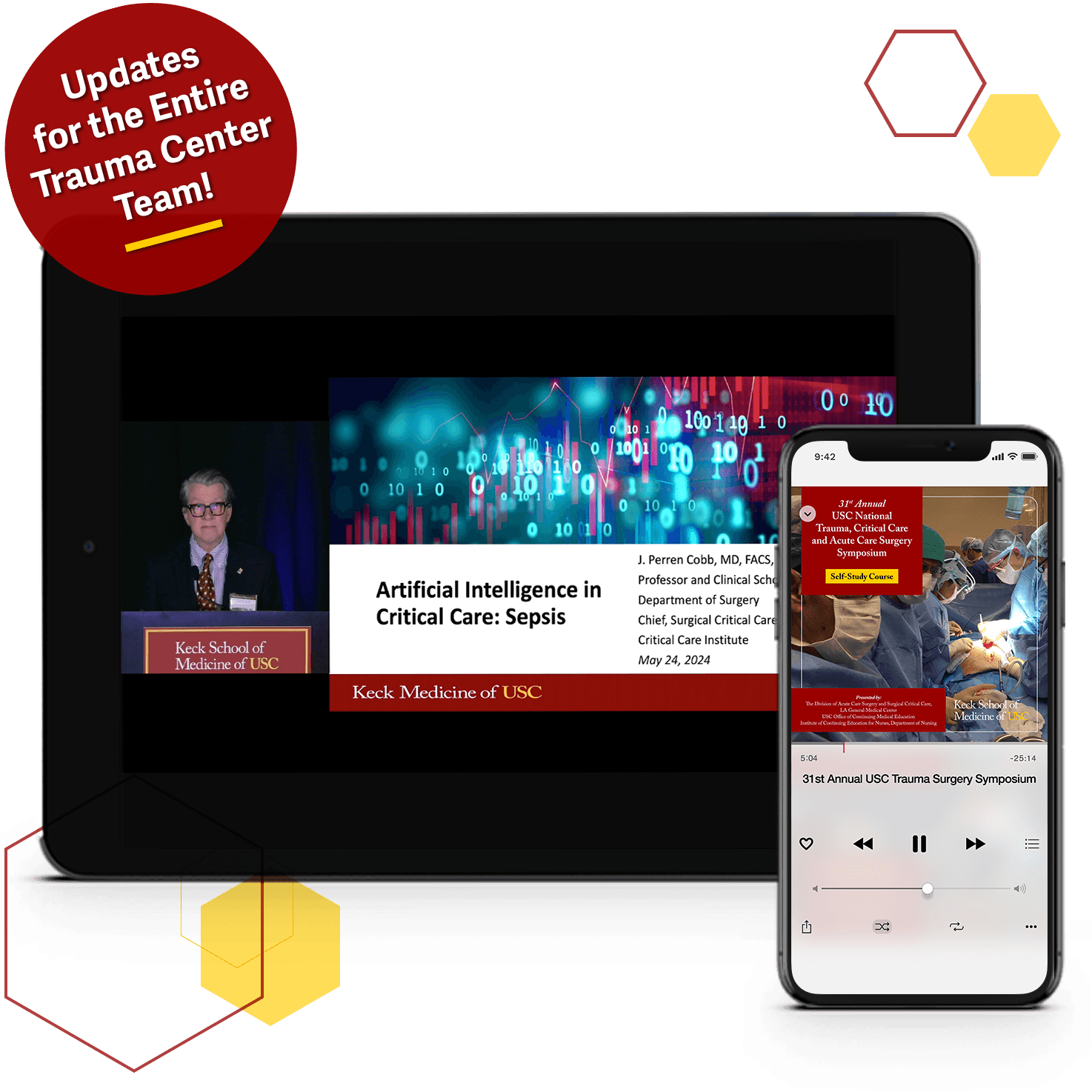
Take your practice to the next level
Now in its 31st year, the Trauma Surgery Division at the Los Angeles General Hospital presents a course that focuses on the expert care of the trauma patient. From the first-hand description of an LA PD Officer’s experience of being shot multiple times to the nuances of surgical care, you’ll experience a course that is not only educational but inspiring.
45 presentations focusing on high-yield information you can incorporate into your practice.
The amalgamation of the latest literature combined with the experience of the front-line faculty results in clinically important, evidence-based presentations.
Sessions are designed to deepen your understanding of the latest medical controversies.
Panel discussions bring together the talents of acknowledged experts addressing the many challenges of emergency trauma care.
Sample Lectures
Instruction by a Cadre of Trauma Experts
Members of the LA General Hospital Trauma Team, together with a national faculty of front-line experts, present the latest advances in trauma, critical, and acute surgical care. Learn lessons from their diversity of experience that you can apply directly to your practice.
A Broad Range of Trauma-Related Topics
45 presentations representing the diversity of surgical trauma and acute care, including: • Organ Donations in Trauma • Whole Blood or Components • Prehospital Bleeding Control • Surgical Site Infections • GSWs to the Head • …and 40 more cutting-edge topics
Team-Member Focused Presentations
From prehospital care by paramedics to the role of nurses in contributing to positive patient outcomes to insights from panels of surgical experts, this course offers something for every member of the trauma team. And if you need trauma-specific CME, we’ve got you covered.
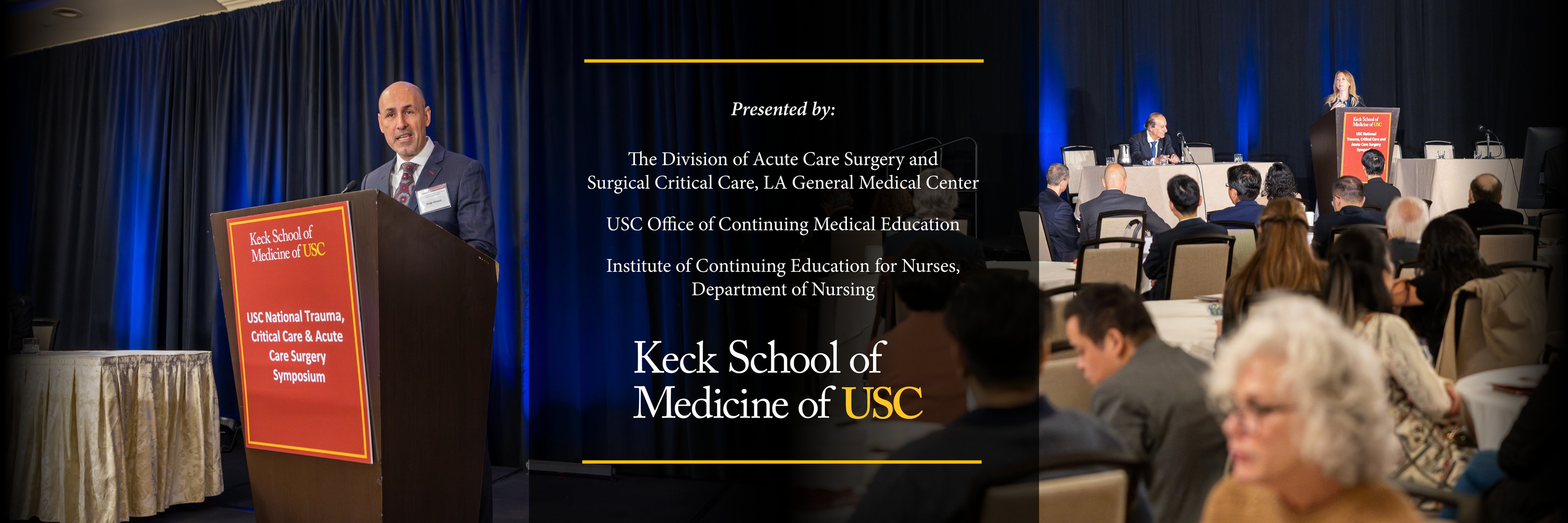
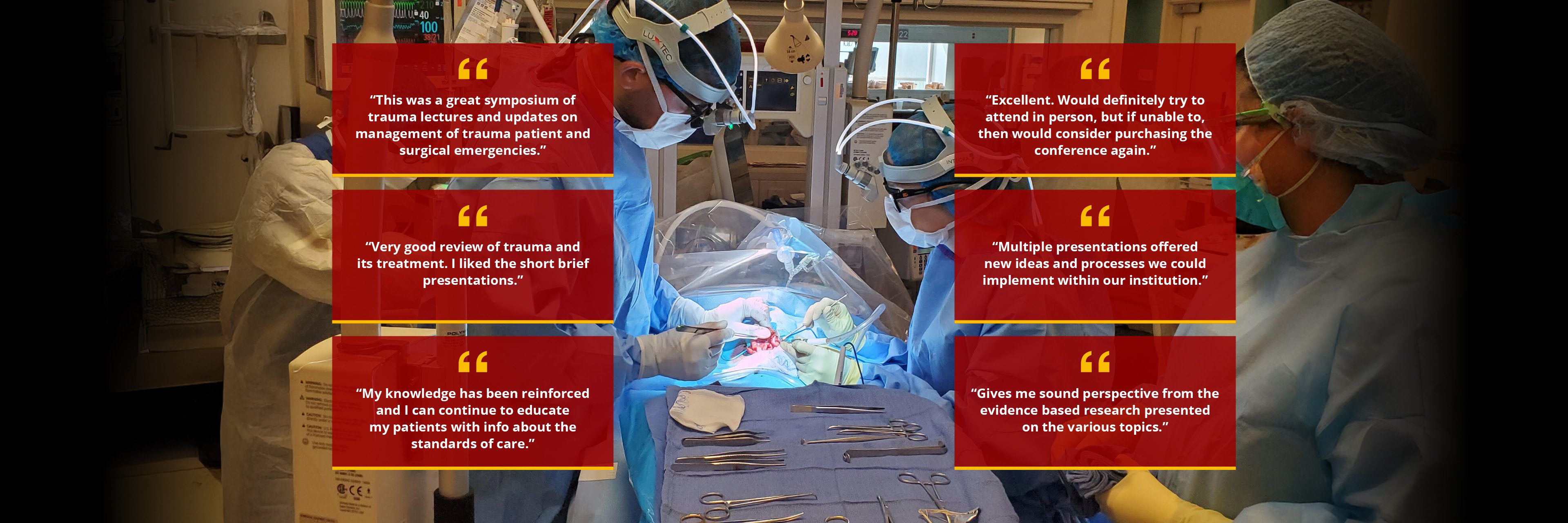
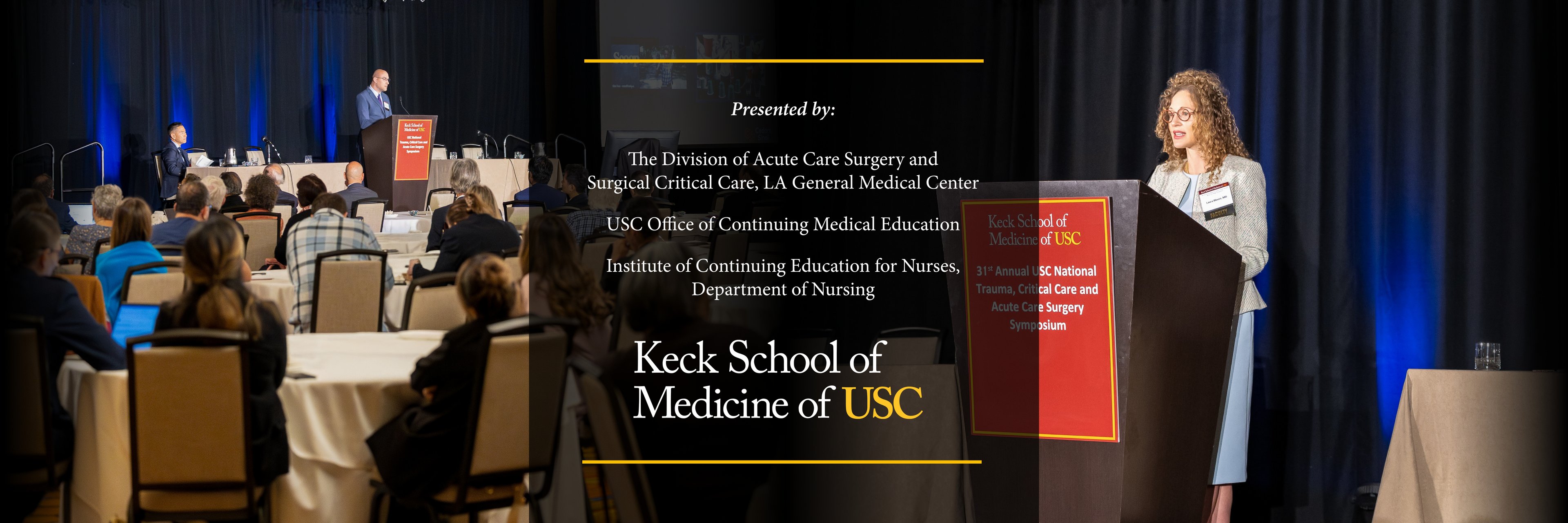
Watch or listen instantly and earn up to 13.50 AMA PRA Category 1 Credits™
Self-Study Course Topics
Course Introduction
Jorge Orozco, CEO, Los Angeles General Medical Center
Prehospital Bleeding Control: When, How, What?
Galinos Barmparas, MD
Prehospital Blood Products, Life Saving or a Waste of Resources?
Angela Neville, MD
Multiple GSW's Survivor: A LAPD Officer's Story and Lessons Learned
Steve Wills, LAPD
Trauma Care in Absolutely Austere Environments
LTC Benjamin Franklin, MD
Gunshot Wounds of the Head: Lessons Learned From the Military Experience
CDR Jeffrey C. Chao, MD
Culture and Engagement in the Hospital and Community
Damon H. Clark, MD
Compassion in Medicine: Why We Have Lost It and How We Can Get It Back!
Angela Neville, MD
Socioeconomics and Violence Injury
Michael M. Massa, EdD
Reduction of Catheter-Associated Urinary Tract Infections in the Male Patient with the Use of a Male External Catheter in the Progressive Care Unit
Leo Laoang, RN
Special Guest
Kim Payne
OPO's Perspective of the MedicalExaminer and Organ Donation
Anthony Maldonado
Preparation and Medical Response in the LA Fires
Rombod Rahimian, MD, MPH
Robotics in Acute Care Surgery
Meghan Lewis, MD
Streets for Everyone: From a Trauma Victim to an Injury Prevention Advocate
Damian Kevitt, Executive Director of SAFE
REBOA in 2025: What is the Evidence?
Areti Tillou, MD
Trauma Patient: Whole Blood or Component Therapy?
Galinos Barmparas, MD
The Death of Princess Diana: Mysteries and Revelations!
Kenneth L. Mattox, MD
Update on Sepsis Guidelines and Management
Noah Wald-Dickler, MD
Reducing Surgical Site Infections: What Do We Know in 2025
Aaron Strumwasser, MD
Rib Fixation 2025, Who, When and How?
MAJ Josh Dilday, DO
Hip Dislocation: What Every Surgeon and ER Physician Should Know!
Joshua Gary, MD
Retained Hemothorax-Prevention and Management
Anaar E. Siletz, MD, PhD
Blunt Cervical Neurovascular Trauma
Arun Amar, MD
Intra-Abdominal Hypertension and Abdominal Compartment Syndrome in the Burn Patient
Sunnie Wong, MD
Optimal Approach to Extubation from Mechanical Ventilation
Eugenia Lee, MD, MPH
Anticoagulant Emergent Reversal: Latest Guidelines
Maryanne Howard, DO
Narcotic Sparing Pain Control Techniques
Smita Mascharak, MD
Severe Liver Injuries: Operate or Observe?
Rembrandt VanDruff, MD
Knotless Barbed Suture for Fascia Closure in Emergency Laparotomies
Naveen Balan, MD
Antibiotics for Appendicitis: Who, What, When, and How?
Jaehee Yoon, MD
One Hour with Dimitri: Believe It or Not! (Panel Discussion)
Kenneth L. Mattox, MD
Daniel R. Margulies, MD
Areti Tillou, MD
Brant A. Putnam, MD
In the Dark: When a Cyberattack Hits Your Trauma Center
Matthew Martin, MD
Nursing Support for Retention and Positive Patient Outcomes
Nancy Blake, PhD, RN
Clinical Quality Registries: Common Data Models for Critical Care Excellence
J. Perren Cobb, MD
Implementing an ECMO Program in the Operating Room in the Critically Unstable Patient. Is It a Practical Consideration?
Bradley Allen, MD
Severe Peritonitis: Laparotomy on Demand, Planned Relaparotomy or an Open Abdomen?
Michael E. Lekawa, MD
Acute Cholecystitis in Pregnancy
Catherine Beni, MD
Trauma in Pregnancy
Natalie Hodges, MD
Diverticulitis-When to Operate and What Operation?
Daniel R. Margulies, MD
Necrotizing Soft Tissue Infections: Diagnostic and Therapeutic Pitfalls and Advances
Kazuhide Matsushima, MD
International Collaborations in Trauma: Establishing a Trauma Program in Shenzhen, China-Lessons Learned
Jinglan Wu, MD
Opioid Epidemic: The Medical Examiner's Perspective
Odey C. Ukpo, MD, MS
Excited Delirium in Trauma: What To Do and Not To Do!
Caitlyn Braschi, MD
Dealing with Stress as a Trauma/Critical Care Fellow
Laura Bloom, MD, MS, MBA
Therapeutic Options for Treatment of Substance Use Disorders in the Trauma Patient?
Jennifer A. Smith, MD
Jeopardy
Cedars Sinai-Kelsey Rupp, MD
Harbor UCLA-Claire Collison, MD
UC Irvine-Michael Artigue, MD
LA General-Naveen Balan, MD
Course Faculty

Bradley Allen, MD

Arun Amar, MD

Naveen Balan, MD
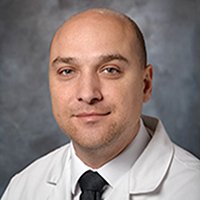
Galinos Barmparas, MD

Catherine Beni, MD

Nancy Blake, PhD, RN

Laura Bloom, MD, MS, MBA

Caitlyn Braschi, MD
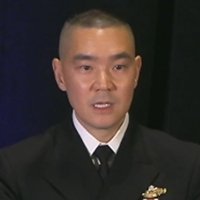
CDR Jeffrey C. Chao, MD
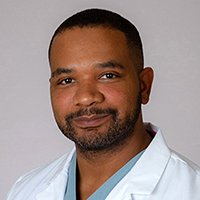
Damon H. Clark, MD

J. Perren Cobb, MD

Demetrios Demetriades, MD, PhD

MAJ Josh Dilday, DO

LTC Benjamin Franklin, MD
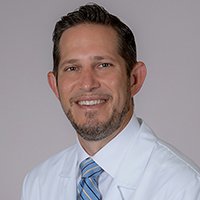
Joshua Gary, MD

Natalie Hodges, MD

Maryanne Howard, DO

Damian Kevitt
Executive Director of SAFE

Lydia Lam, MD

Leo Laoang, RN

Eugenia Lee, MD, MPH
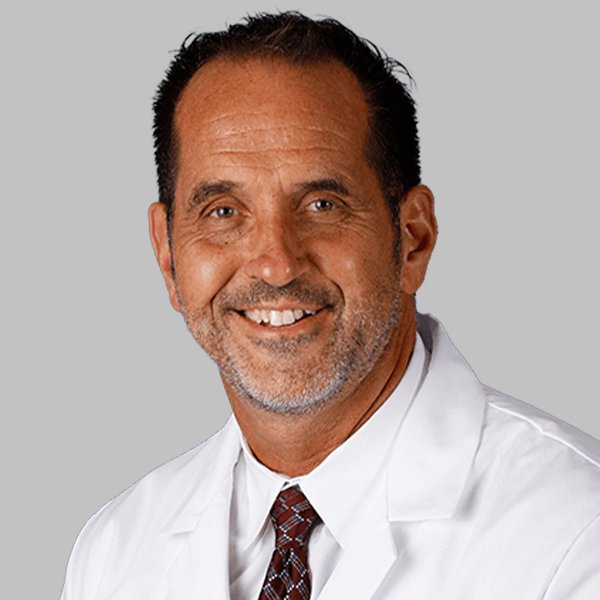
Michael E. Lekawa, MD

Meghan Lewis, MD

Anthony Maldonado
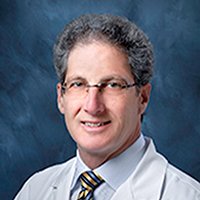
Daniel R. Margulies, MD

Matthew Martin, MD

Smita Mascharak, MD

Michael M. Massa, EdD

Kazuhide Matsushima, MD

Kenneth L. Mattox, MD

Angela Neville, MD
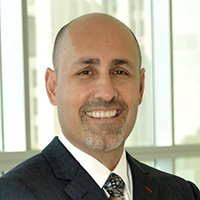
Jorge Orozco
CEO, Los Angeles General Medical Center

Kim Payne
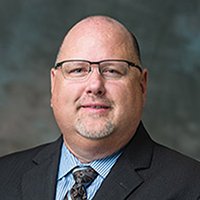
Brant A. Putnam, MD
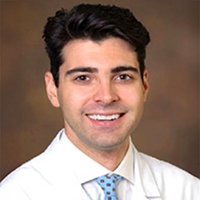
Rombod Rahimian, MD, MPH

Anaar E. Siletz, MD, PhD

Jennifer A. Smith, MD
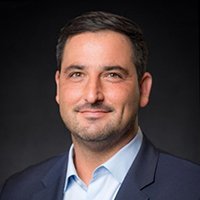
Aaron Strumwasser, MD

Areti Tillou, MD

Odey C. Ukpo, MD, MS
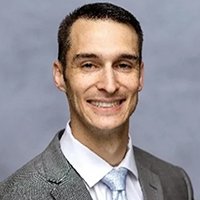
Rembrandt VanDruff, MD
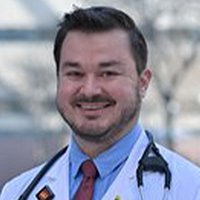
Noah Wald-Dickler, MD
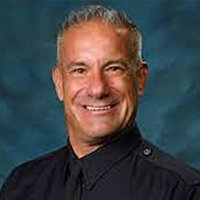
Steve Wills, LAPD

Sunnie Wong, MD

Jinglan Wu, MD

Jaehee Yoon, MD
Immerse yourself in a diverse program covering key topics, blending the latest medical literature with the expertise of our front-line clinicians.
Learn on your own time and at your own pace
Whether you’re watching at home or listening in the car or at the gym, the 31st Annual USC National Trauma, Critical Care and Acute Care Surgery Symposium self-study course delivers a solid update on the care of the trauma and acute care patient.
Purchase the Course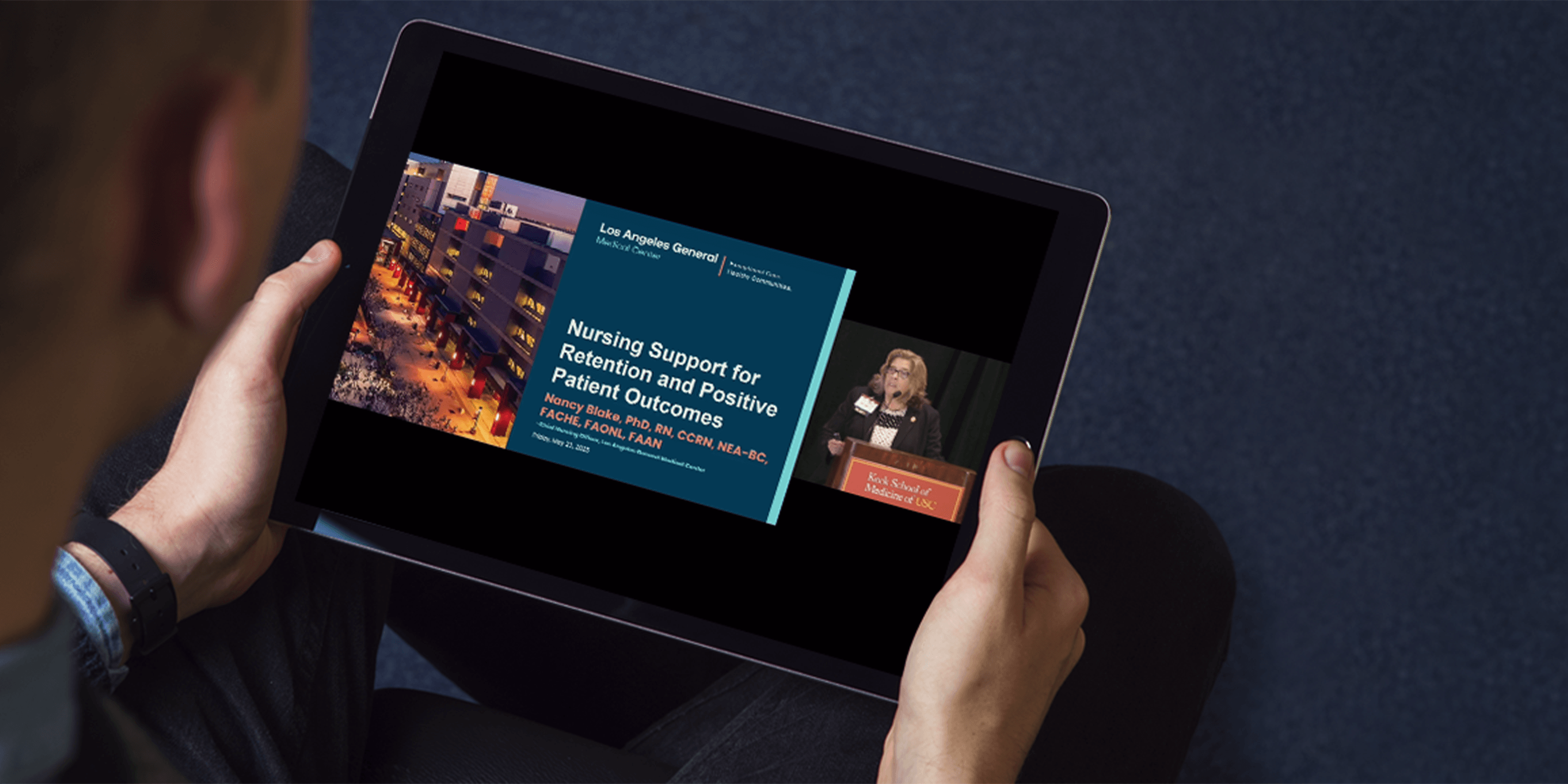
Self-Study CME Accreditation
No commercial support was obtained for this program.
This activity has been planned and implemented in accordance with the accreditation requirements and policies of the Accreditation Council for Continuing Medical Education through the joint providership of the Center for Emergency Medical Education and The Center for Medical Education, Inc.
The Center for Emergency Medical Education is accredited by the Accreditation Council for Continuing Medical Education to provide continuing medical education for physicians.
The Center for Emergency Medical Education (CEME) designates this enduring activity for a maximum of 13.50 AMA PRA Category 1 Credits™. Physicians should claim only the credit commensurate with the extent of their participation in the activity.
The Center for Medical Education, Inc. is approved by the California Board of Registered Nursing, Provider #12345, for 13.5 Contact Hours.
The AOA automatically recognizes AMA PRA Category 1 Credit™ as AOA Category 2 credit.
Both PA and NP organizations recognize AMA PRA Category 1 Credit™ as approved CME.
CME Expiration Date: September 15, 2028
Target Audience
This course is intended for physicians, nurses, physician assistants, nurse practitioners, emergency medical technicians, paramedics, prehospital providers and other medical personnel working in the field of acute care surgery and trauma care, as well as all allied health professionals who care for adults and seek to enhance their understanding of trauma care and treatment options to optimize management of their patients.
Learning Objectives
After completing the USC National Trauma, Critical Care and Acute Care Surgery Symposium self-study program, participants will be able to:
Outline optimal care in the prehospital and hospital settings.
Integrate new technology and devices for monitoring and treatment in trauma and critical care.
Outline methods to improve mass casualty and disaster planning at your home institution.
Plan an evidence-based approach to current controversies in trauma and critical care patient management.
Integrate new temporizing and definitive management options for complex surgical disease.
Prepare a plan for epidemics or pandemics in a hospital setting.